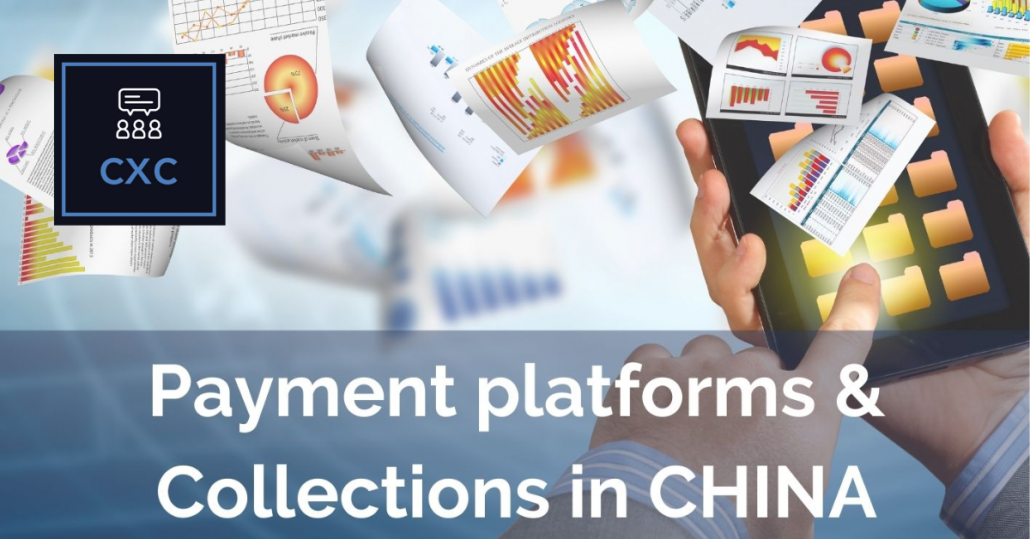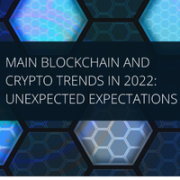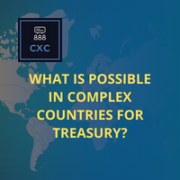Payment Platforms & Collections in China
11-08-2022 | treasuryXL | ComplexCountries | LinkedIn |
Cryptocurrency, digital wallets, virtual everything – there is a huge amount of change. China has been at the forefront of a lot of digital trends, partly due to the fact it had an antiquated banking system which has been thoroughly modernised, and partly because the explosion of internet shopping in the country required a digital payments solution. This is a challenge when there are no credit cards.













